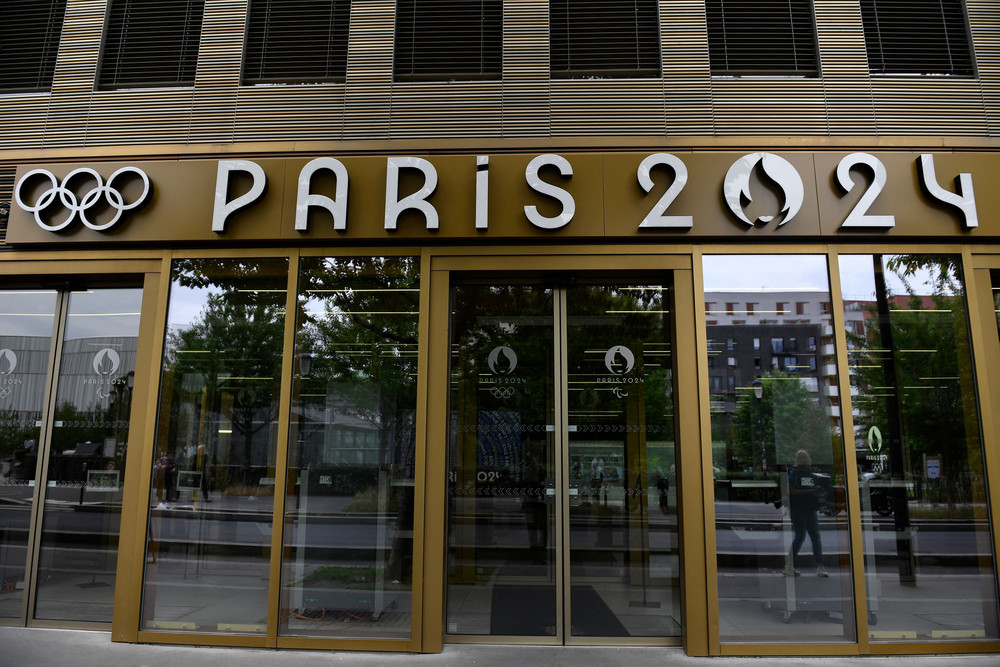Associate editor Ruth Marcus spoke last week with former federal prosecutor Mary McCord, who served as acting assistant attorney general for national security from 2016 to 2017 and is executive director of the Institute for Constitutional Advocacy and Protection and a visiting professor at Georgetown University Law Center. This is an edited transcript of their conversation about the federal indictment of former president Donald Trump.
McCord: The indictment was, frankly, even stronger than I expected, and by stronger I mean the evidence of obstructive conduct — failure to cooperate, failure to return classified information that had been requested, was far more fulsome than even I had imagined and went back much further in time. So my reaction was, first of all, “Wow, Mr. Trump was in this from the beginning.” That whole defense that was floated by his attorneys that in the rush of getting out of the White House, this was all by mistake, and he was cooperative later on — the indictment, if the allegations can be proved, really puts the lie to that.
Q: When you look at the sensitive documents that are specifically charged in the indictment, what does that tell you? How big a deal is it for the intelligence community to let that kind of information be used in a criminal proceeding?
McCord: This is one of the things that’s also really surprising about this indictment. We have 31 separate documents alleged, in 31 separate counts of illegal retention of national defense information. In my experience, even just making allegations in an indictment about two or three documents sometimes was difficult with the intelligence agencies, because their mission is not to bring criminal cases — their mission is to collect intelligence and protect our national security. And when you reveal publicly in a courtroom that something is real, if you’re talking about defense capabilities, weapons capabilities of us or our allies, you’re talking about having to mitigate the damage from that information being verified in court.
“Q: How hard is that proof of injury to the national defense?
McCord: Classification does go a long way because classification is based on different levels of harm to national security. But that requires explaining why the information in that document was properly classified as either secret, which is serious harm to the United States national security, or top secret, which is exceptionally grave harm. It’s not as simple as saying it was marked classified.
Q: If you were representing Donald Trump, how would you go about defending this case?
McCord: I think there are a couple of things that the defense attorneys will be doing. They will probably be seeking to delay any trial. I’ve been trying to debate what is actually better for Trump: Is it to go to trial before the election or to have this hanging over his head because, as we know, he’s fundraising on it? Being convicted before the election would, I think, be very devastating.
But we also know it only takes one juror to disagree with the verdict in order to hang the jury. That doesn’t mean an acquittal. I think there’s zero chance he’s acquitted, because acquitted would require unanimity among all 12 jurors, but one juror can hang it. So I think his lawyers will try to delay because that’s always been their tactic.
And they’ll do that not through necessarily illegitimate means; they’ll do that through filing motions. I think they will try to get the judge in Florida, Aileen Cannon, to revisit the D.C. court’s determination that the testimony and notes of the former president’s former attorney in this case, Evan Corcoran, had to be put before the grand jury because of the crime fraud exception to the attorney client privilege. I think they’ll argue that Corcoran’s testimony shouldn’t be admissible at a trial and that his notes shouldn’t be admissible.
[Ruth Marcus: The classified documents indictment is a stunning display of Trump’s narcissism]
McCord: I think they will also raise a lot of discovery issues. This is not a case where the government can just right now say, “Hey, here’s all the evidence and documents; we’re going to send 10 boxes to wherever you want them, and you can look at them.” This is a case where most of the much of the evidence will have to be reviewed in a sensitive [compartmented] information facility, known as a SCIF, within the courthouse, which means I can already imagine his attorneys saying, “This is not convenient for us. We need more time to review the documents than we ordinarily would, because we can’t even take them home.”
Q: In a perfect world with a perfect judge, you think this case would go to trial in spring 2024?
McCord: Probably late spring, around now this time next year. I think it’s feasible. It’s aggressive.
Q: So, what about Judge Cannon? Should she recuse herself, as some legal ethics experts have said? Do you think it would be a smart tactic for the department to ask for that?
McCord: I think she should recuse, because the recusal statute says a judge should recuse when a reasonable person could question the judge’s impartiality. And given some of the statements she made in her rulings at the time that Mr. Trump challenged the government’s ability to review the classified information that they had obtained during the search warrant, some of the language in those rulings seemed to be putting the former president in sort of a whole different category that I think fairly could suggest her impartiality is in question.
If I were at the Department of Justice, I would not right now seek her recusal. One, it would delay things. And that’s against the government’s interest. The other reason is, they’ve been trying very hard to show that they’re willing to prove their case in a place that’s more favorable for Mr. Trump than perhaps some other places, and just litigate this like they would any other case, and they’re not going to try to do something that could be criticized as, “Oh, you’re judge-shopping.” So, I don’t think they’ll do that. And I wouldn’t advise doing it if I were there.
Q: It’s not unimaginable to have a hung jury. And boy, that would put the government to another painful choice.
McCord: I think the government would have to think long and hard [about whether to retry Mr. Trump]: What’s the impact of this on rule of law, [and] how would the American public look at the department? Would it look like [the department] at that point, is being vindictive? Partly that would depend on whether it ultimately would be revealed whether [the jury was deadlocked] 11-1, and one being obstinate and not really acting in good faith; or whether it was much more evenly divided.
Q: It’s obviously a long way down the road, but if Trump were to be convicted, how should we think about sentencing and possible incarceration of a former president?
McCord: There’s no question in my mind that anyone else if found guilty of the offenses charged in this indictment, even if not found guilty of all of them, even just a handful of them, would serve time in prison. Should it come to that, there would have to be a lot of discussions within the department about what to seek, and what kind of accommodations could be made to ensure that there is some sort of penalty, but that takes into consideration the difficulties of incarcerating a former president who is still under Secret Service detail. And that might be some sort of form of house arrest or something like that. Because it really would be a pretty enormous burden on our prison system to have to incarcerate Donald Trump.
Q: When you hear Trump and his allies talk about the weaponization of the criminal justice system, what’s your reaction?
McCord: Well, I think that’s just purely political rhetoric. It’s just so wrong. Any other government official, if convicted of the crimes, would never be able to get a security clearance ever again. And so when we think about it that way, the seriousness of these charges and what they mean for national security, it’s just a fraud and a deceit on the American people to say that this is weaponization of the department.”











